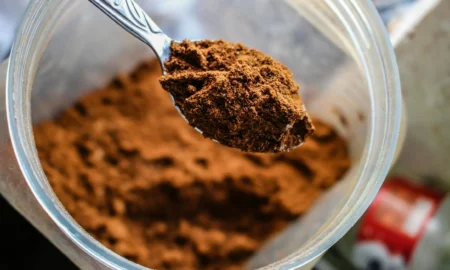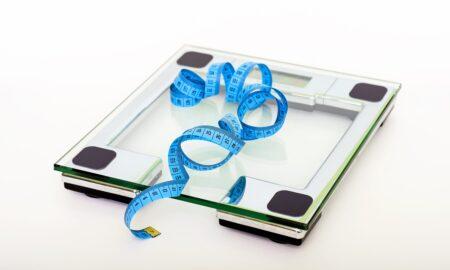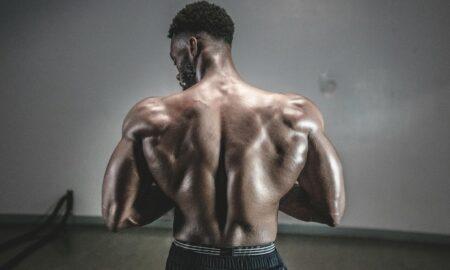Some recent nutritional theories suggest that a long-term high-protein intake leads to increased oxidation, nullifying much of the effect of getting the additional protein. The suggested antidote involves cycling protein intake, or alternating high- and low-protein intake. The intake during the low period may be a paltry 30 grams a day, the mere thought of which is heresy to most bodybuilders. So is this just another wacky nutritional theory, or does evidence confirm it?
A new study examines switching from a so-called ‘normal’ protein diet to a high-protein diet.1 It focused on whether the type of protein makes a difference in promoting nitrogen retention, which is the body’s primary need from protein.
Ten men and 10 women, all in good health, adapted over a one-week period to either of two diets. The first was the so-called normal-protein diet, consisting of one gram of protein per kilogram (2.2 pounds) of bodyweight. That’s about 90 grams of protein a day for a 200-pound bodybuilder’definitely on the low side. The other diet, labeled high protein, had the subjects taking in two grams of protein for each kilogram of bodyweight, which approximates what most bodybuilders get.
Once they’d been on the diets for a week, the subjects were observed for eight hours after eating meals that contained either milk or soy as the primary protein source. The researchers had radioactively tagged the proteins so they could track their course through the body.
What they found was that switching to a high-protein intake leads to a breakdown of the excess protein and an excretion of nitrogen from the body. But the study also revealed that the nitrogen excretion was more pronounced with the soy than the milk protein. The effect was thought to occur because soy is a fast-acting protein, and the authors suggest that the differences in protein losses would likely be significant only if a fast-acting protein like soy was the main protein source in the diet.
The study hints that there may be some merit in cycling protein intake, though the best way to do that is still a matter of debate. Perhaps eating less protein every few days may work. On the other hand, the study also suggests that vegetarians find it hard to gain muscle because most of the proteins they eat are fast (unless they drink milk or use milk protein). Even if they get plenty of protein from vegetable sources, most of it will be rapidly oxidized and so won’t provide the amino acids required for anabolic processes.
1 Morens, C., et al. (2003). Increasing habitual protein intake accentuates differences in postprandial dietary nitrogen utilization between protein sources in humans. J Nutr. 133:2733-2740.




















You must be logged in to post a comment Login